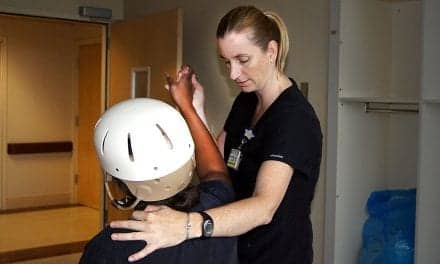.png)
The results suggest that individuals taking selective serotonin reputake inhibitors (SSRIs) were 50% more likely to have an intracranial hemorrhage than patients who were not taking antidepressants and 40% more likely to sustain an intracerebral hemorrhage.
In spite of the increased risk, Daniel G. Hackman, MD, PhD, FRCPC, Western University in London, Ontario, study author, cautions, “Because these types of strokes are very rare, the actual increased risk for the average person is very low,” Hackman says.
Researchers say an estimated 24.6 of these strokes occur per 100,000 individuals per year. The researchers add that the results suggest that use of SSRIs would increase the risk by one additional stroke per 10,000 individuals per year. Hackman emphasizes that in general, the study should not deter SSRI use if necessary, “But doctors might consider other types of antidepressants for people who already have risk factors for these types of strokes, such as those taking blood thinners, people who have had similar strokes already or those with severe alcohol abuse,” Hackman says.
Source: American Academy of Neurology




